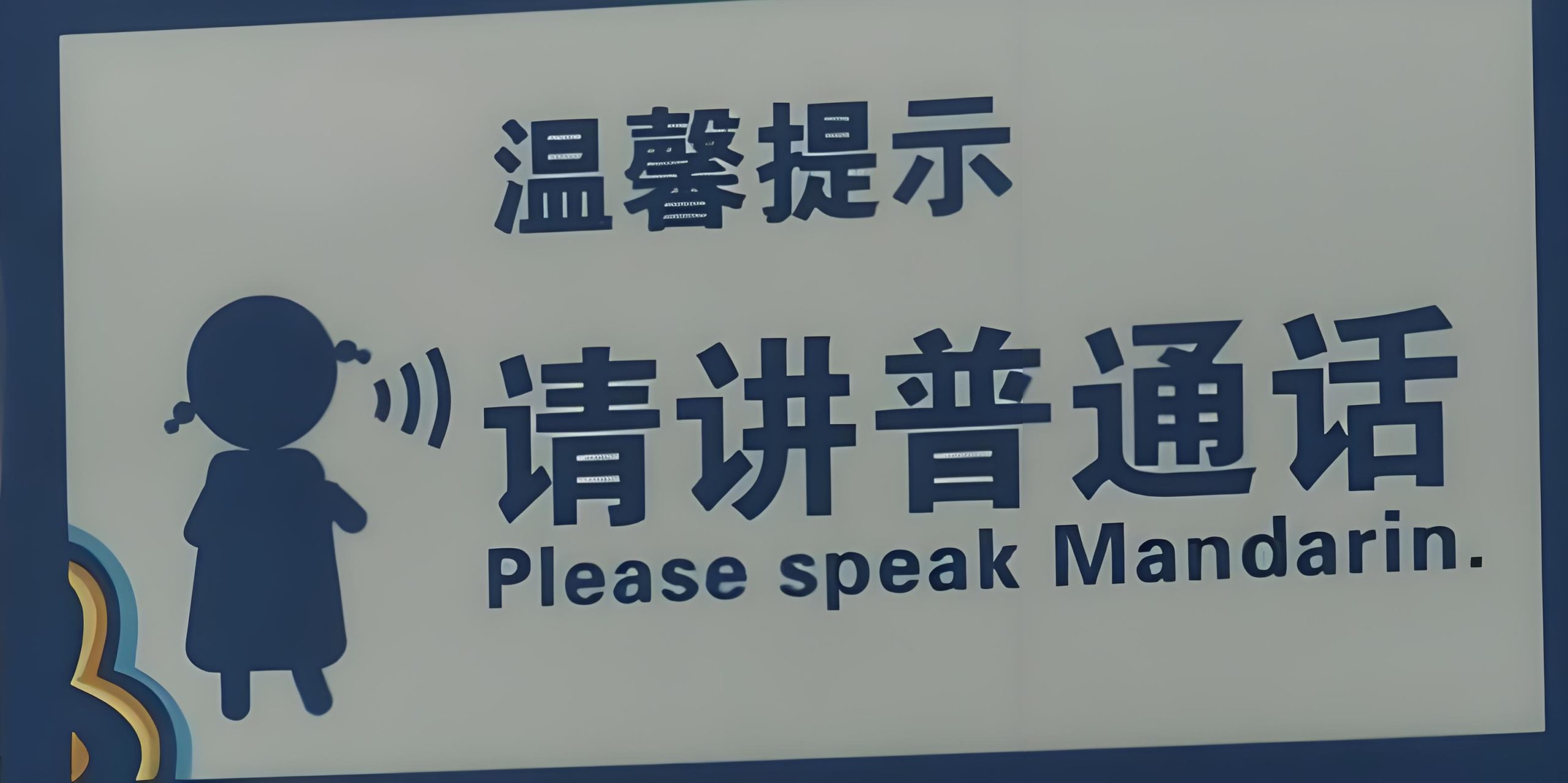What are the differences between Chinese language, Chinese, and Mandarin? In fact, Chinese language, also known as Chinese (in Southeast Asia), National Language (National Language of the Republic of China), Chinese language (in Japan, South Korea, etc.). Other names include Chinese literature (usually referring to classical Chinese), Chinese script, Tang literature, Tang dialect, Chinese dialect, etc. It belongs to the Sino-Tibetan language family and has tones.

1. Chinese Language
Chinese language is the language used by the Han nationality and includes various dialects. In daily use, Chinese language often refers to Mandarin.
Chinese language is more often used in academic contexts and emphasizes the ethnic or cultural identity of the language users – Han nationality/Han people. Of course, there are also many ethnic minorities who use “Chinese language” as their mother tongue. In English, it generally corresponds to Chinese language, or more specifically, Han Chinese Language.
2. Chinese
The word “Chinese” originated from “zhong” (i.e., “Zhonghua”). In ancient times, Zhonghua was the self-appellation of the Han nationality and was basically used to refer to the regime dominated by the Han nationality.
If this “zhong” refers to the Han nationality, then Chinese is equivalent to Chinese language.
If this “zhong” refers to the Chinese nation, then the languages of all ethnic groups should be considered as Chinese (including Russian and Korean).
If this “zhong” refers to the People’s Republic of China, then “Chinese” is Mandarin, and various dialects are excluded from the category of Chinese.
In addition, when we say “Chinese language” or “Mandarin”, we often specifically refer to the language; but when we say “Chinese”, we often include the written language/cultural environment or specifically refer to the written language.
3. Mandarin
Mandarin is a part of Chinese language and is the officially stipulated official standard language in force in the People’s Republic of China. (It is also one of the official languages of Singapore and the United Nations.) Mandarin is a common language for communication among the Han nationality and different ethnic groups. It is based on the Beijing pronunciation, the northern dialect as the basic dialect, and the exemplary modern vernacular Chinese writings as the grammatical norms. It is mainly used in mainland China and some overseas Chinese regions. Among them, Cantonese is used in Hong Kong, China and Macau, China. In Taiwan, China, Mandarin is also used on official occasions, but the accent is slightly different from that of the mainland Mandarin.
After the founding of New China, the Party Central Committee and the State Council, standing at the height of safeguarding national unity and ethnic unity, decided to use the expression “Mandarin” to refer to the common language of the Han nationality commonly used by all ethnic groups in China to replace the expression “National Language”. Article 19 of the 1982 Constitution stipulates that “the state promotes Mandarin commonly used throughout the country.” Article 2 of the Law on the National Common Language and Script implemented in 2001 stipulates: “The national common language and script referred to in this law are Mandarin and standardized Chinese characters.” The reference to “national common language and script” has been relatively stable since the implementation of the Law on the National Common Language and Script.
At present, multiple expressions such as “national common language and script,” “Chinese language,” “National Language,” “Mandarin,” and “Chinese” coexist. Their scopes of use are not exactly the same, and each has its specific historical origin. Social use has gradually become customary. We should adopt a positive and prudent attitude and strengthen the standardization of name expressions in different categories. At the beginning of 2018, the Ministry of Education and the State Language Commission specifically issued a document on this issue, clearly requiring that within the country, especially in ethnic minority areas, the expression “national common language and script” should be used in official documents and on official occasions; externally, it is recommended to uniformly call it “Chinese.”